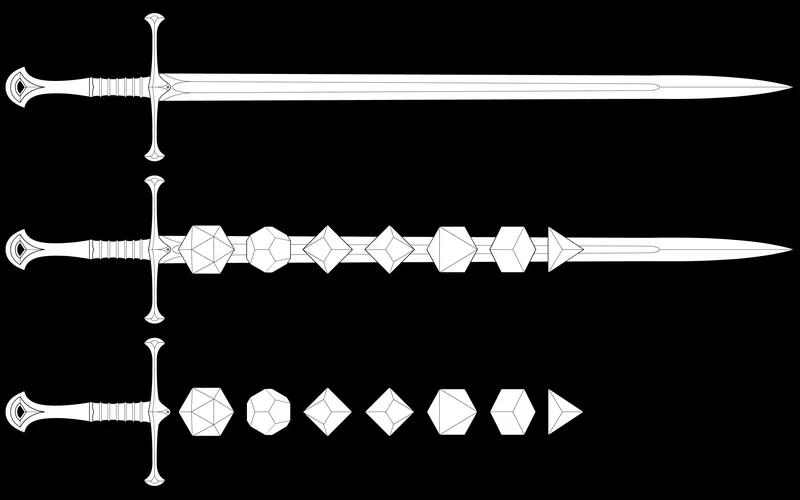Real-Time BNB Signal Analytics
Real-Time BNB Signal Analytics
Okay, folks, let's dive into something fascinating that’s been bouncing around the tech sphere – a young computer science student's experience getting rejected from Anduril, a company known for its defense tech innovations. Ibrahim Shah, a bright spark from UC Irvine, shared his story, and honestly, it's a goldmine of insights about authenticity, the future of hiring, and even a little bit about what we really value in the tech world.
So, here's the gist: Shah, dreaming of following in the footsteps of tech titans like Palmer Luckey, set his sights on Anduril. He aced the initial phone screen, prepped intensely for the technical interview, but then… disaster struck. He was told he came across as "aloof," seemingly uninterested, and got rejected. The reason? Nerves. He was so focused on the technical challenges ahead, he didn't let his genuine passion shine through. Anduril pointed Business Insider to cofounder Matt Grimm's response on social media.
Now, here's where it gets interesting. Shah posted about his experience on X, expecting maybe a few supportive comments from friends. Instead, it went viral. Why? Because it resonated with so many people. It's a raw, honest look at the pressure cooker of tech interviews, where technical prowess is often seen as the be-all and end-all. But Anduril’s feedback, and the subsequent outpouring of support for Shah, highlights a crucial, often overlooked element: the human connection.
Think about it: we're not just building algorithms; we're building teams, cultures, and ultimately, a future. And that future demands more than just coding skills. It demands empathy, passion, and the ability to connect with others.
Could this be a sign of a shift in how tech companies are evaluating talent? Are we finally moving beyond the purely technical and embracing a more holistic approach? I sure hope so! The fact that Shah's story led to a flood of interview requests from other companies – Perplexity and Thinking Machines included – suggests that the industry is starting to recognize the value of authenticity and resilience, which is fantastic.
Shah himself said his takeaway was, "it's better to be nervous and authentic than to pretend like you have composure." It's a powerful lesson, and one that could reshape the way we approach hiring in the future. Imagine a world where candidates are encouraged to be themselves, to share their genuine excitement, even their anxieties, rather than trying to fit into some pre-defined mold. What kind of innovation might that unlock?

But this story isn't just about one student's experience. It also shines a light on Anduril itself. The company, founded by Palmer Luckey, is known for its innovative approach to defense technology, and its willingness to take bold bets. Their work on projects like the Ghost Shark XL-AUV, an extra-large autonomous underwater vehicle for the Australian Navy, showcases their commitment to pushing boundaries. We're talking about a vehicle that went from concept to reality in under three years – an incredibly ambitious timeline! You can read more about the project in First Ghost Shark Extra Large AUV delivered to Australian navy.
The Ghost Shark, by the way, is a big deal. It's designed for stealthy, long-range intelligence, surveillance, reconnaissance, and even strike operations. Think of it as a silent guardian, complementing Australia's future submarine fleet. And the fact that Anduril is building a dedicated facility in Sydney to produce these vehicles, with plans to potentially export them to allies, speaks volumes about their global ambitions.
Anduril is also expanding its reach in other ways. They're eyeing the Japanese market, partnering with Poland to develop unmanned aircraft systems, and even testing uncrewed jet drones. They are not messing around. Christian Brose, president of Anduril Industries, said, "We have to be able to change the software inside of a weapon every single day." That's a level of agility and adaptability that's simply unheard of in traditional defense contracting.
So, what does all this have to do with Shah's rejection? Well, it suggests that Anduril isn't just looking for coders; they're looking for individuals who embody their core values: boldness, innovation, and a genuine passion for their mission. And while Shah's technical skills may have been impressive, his "aloof" demeanor may have signaled a lack of that crucial spark.
This raises a critical question: how do we balance the need for technical expertise with the equally important need for human qualities like passion, empathy, and authenticity? It’s a tough nut to crack, but I think Shah's story offers a valuable starting point. Perhaps companies should consider incorporating more behavioral assessments into their hiring process, focusing on how candidates handle pressure, communicate their ideas, and connect with others. Maybe, just maybe, we need to rethink the very definition of "qualified" in the tech industry.
Ibrahim Shah's experience, while initially a setback, has become a catalyst for a larger conversation about what we value in the tech world. It's a reminder that technology is ultimately a human endeavor, and that the qualities that make us human – our passions, our vulnerabilities, our ability to connect with others – are just as important as our technical skills. It’s not just about the code; it’s about the people behind it. And that's a future worth building.